New Releases
In Censors at Work: How States Shaped Literature, professor emeritus Robert Darnton examines the history of censorship in three settings: the monarchy in 18th-century France, the British Raj in 19th-century India, and the Communist dictatorship in 20th-century East Germany. The book reveals that state intervention in the literary realm often extended to the shaping of literature itself.
Paul Muldoon’s 12th collection of poems, One Thousand Things Worth Knowing, is alternately somber and quick-witted. Muldoon, a professor of creative writing, takes on numerous subjects, from fellow poet Seamus Heaney to a trip to Jiffy Lube.
Many concepts that form the foundation of modern politics have their origins in Greco-Roman times. In The Birth of Politics: Eight Greek and Roman Political Ideas and Why They Matter, politics professor Melissa Lane illustrates the similarities and differences between ancient and modern understandings of politics and power.
Every issue facing colleges and universities today is exacerbated by a century-old system of governance that requires change, asserts former Princeton president William Bowen *58 in Locus of Authority: The Evolution of Faculty Roles in the Governance of Higher Education, written with Eugene Tobin.
President Abraham Lincoln’s writing and speeches were unusually complex, argues professor emeritus George Kateb. In Lincoln’s Political Thought, he dissects the meaning of Lincoln’s memorable words.


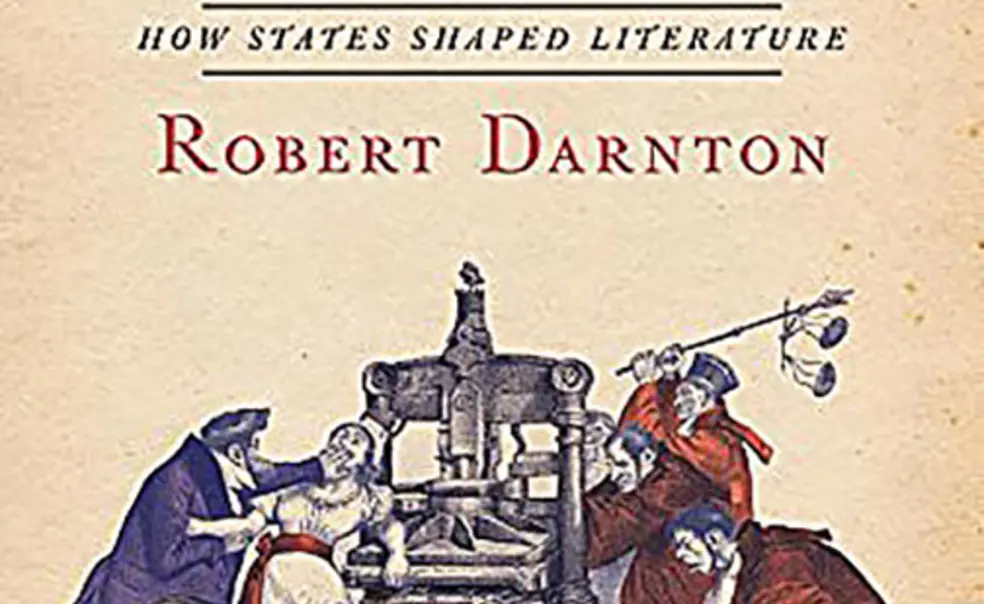
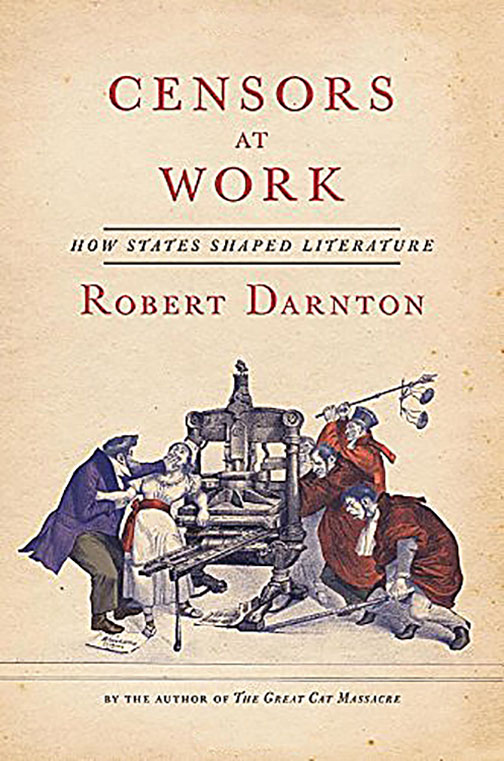
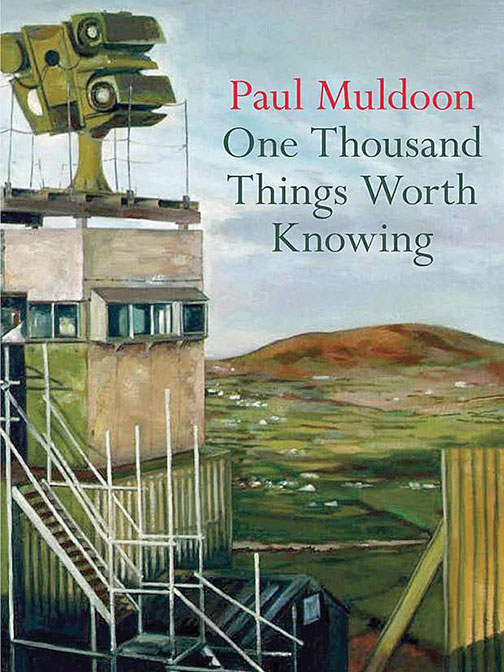
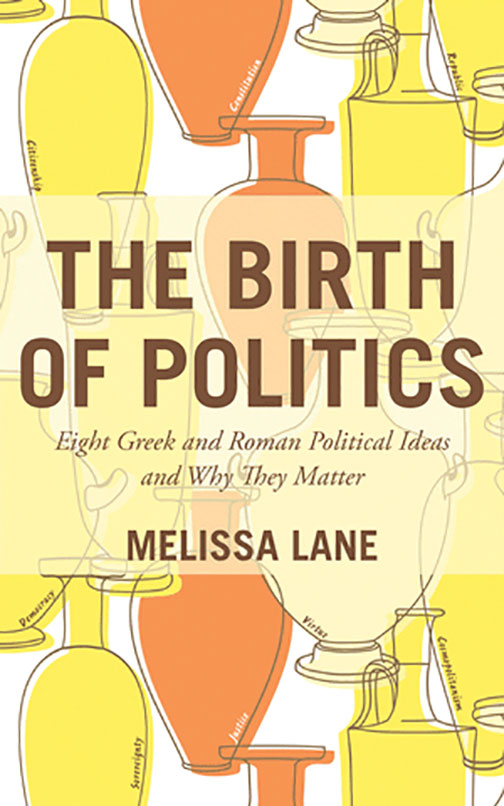
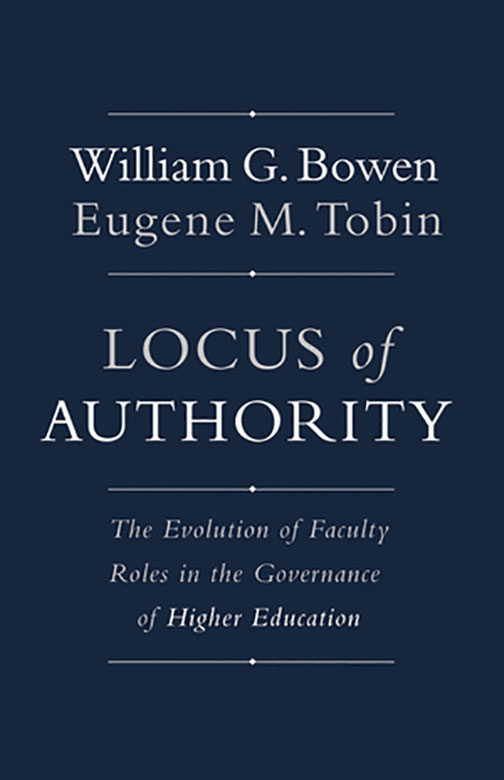
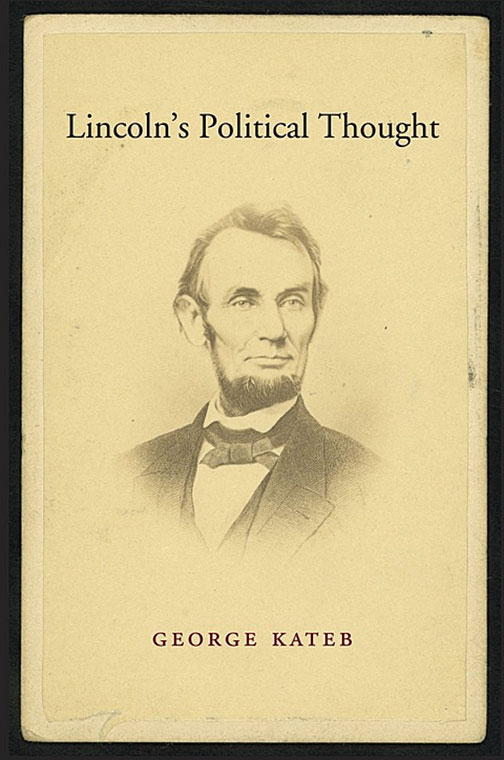









No responses yet